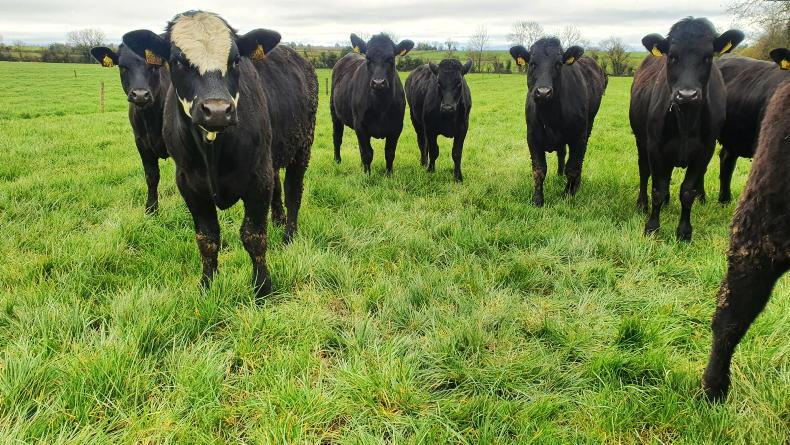Northern Ireland (NI) faces the prospect of two competing climate change bills going through the Stormont Assembly, after a DAERA bill brought forward by Agriculture Minister Edwin Poots received executive approval on Thursday.
It will be introduced to the Assembly before the summer recess, although the timelines to get it into law by the end of the current mandate in March 2022 look tight.
The DAERA bill includes a 2050 target for NI to cut carbon emissions by 82% when compared with 1990 levels, as part of NI’s contribution for the UK to be net zero by that date.
That target is based on expert advice from the UK Climate Change Committee (CCC).
Committee stage
However, a private member’s climate change bill brought forward by Green Party leader Clare Bailey, with the support of other Executive parties outside of the DUP, has already been debated at the Assembly, and is currently at committee stage.
It sets a target for NI to be net zero by 2045.
Earlier this month, chair of the CCC Lord Deben told MLAs on the Stormont agriculture committee that there is “no credible path” for NI to reach net zero by 2050, and said that to ask people to do things they cannot do is “morally wrong”.
The fear expressed by the agri-food sector is that a net-zero target would require a very significant reduction in livestock numbers.
“We need a climate change bill and targets that everyone can get on board with - my draft bill is steeped in science, evidence and has received input and direction from stakeholders from across a range of sectors,” said Minister Poots.
Read more
Green groups have no plan to reach net zero
Net zero target is morally wrong, MLAs told
Northern Ireland (NI) faces the prospect of two competing climate change bills going through the Stormont Assembly, after a DAERA bill brought forward by Agriculture Minister Edwin Poots received executive approval on Thursday.
It will be introduced to the Assembly before the summer recess, although the timelines to get it into law by the end of the current mandate in March 2022 look tight.
The DAERA bill includes a 2050 target for NI to cut carbon emissions by 82% when compared with 1990 levels, as part of NI’s contribution for the UK to be net zero by that date.
That target is based on expert advice from the UK Climate Change Committee (CCC).
Committee stage
However, a private member’s climate change bill brought forward by Green Party leader Clare Bailey, with the support of other Executive parties outside of the DUP, has already been debated at the Assembly, and is currently at committee stage.
It sets a target for NI to be net zero by 2045.
Earlier this month, chair of the CCC Lord Deben told MLAs on the Stormont agriculture committee that there is “no credible path” for NI to reach net zero by 2050, and said that to ask people to do things they cannot do is “morally wrong”.
The fear expressed by the agri-food sector is that a net-zero target would require a very significant reduction in livestock numbers.
“We need a climate change bill and targets that everyone can get on board with - my draft bill is steeped in science, evidence and has received input and direction from stakeholders from across a range of sectors,” said Minister Poots.
Read more
Green groups have no plan to reach net zero
Net zero target is morally wrong, MLAs told






 This is a subscriber-only article
This is a subscriber-only article











SHARING OPTIONS: